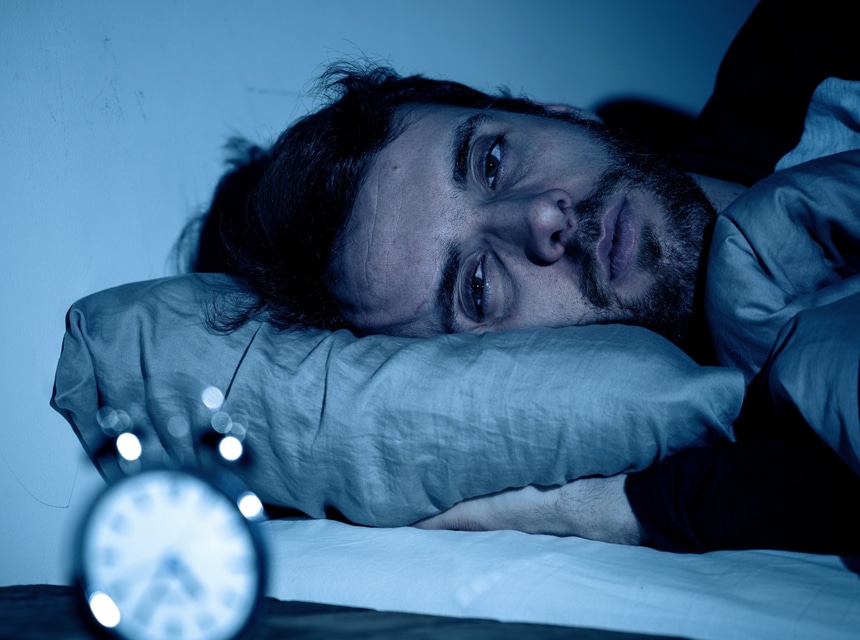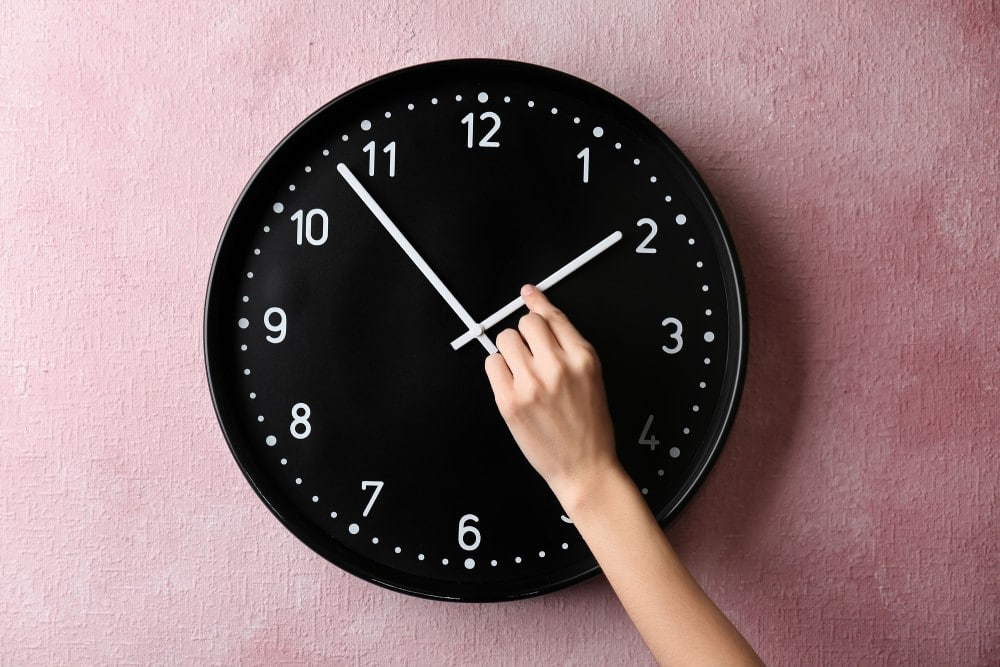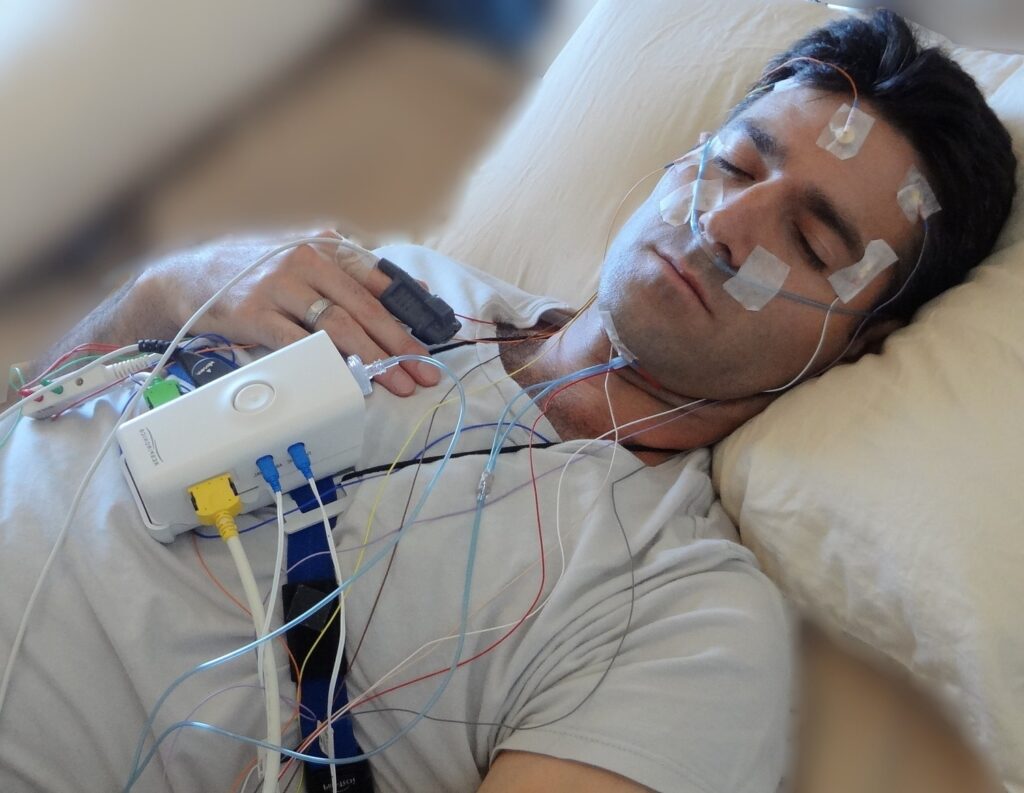

Sleep is an interesting phenomenon. According to BBC Trusted Source Researchers from Bar-Ilan University recently conducted a study to determine the sufficient amount of sleep time. Fronted by award-winning science journalist Michael Mosley, the programme reveals how scientists are unlocking the startling ways in which sleep can impact almost every system in the human body: from our memory and moods, to how it can make us more or less resistant to weight gain, alter our risk of developing diseases (including diabetes and heart disease) and influence our ability to fight infection. www.bbc.com , humans spend approximately a third of their lives asleep. The sleeping pattern of animals, on the other hand, is different, and the number of hours they sleep varies across the animal kingdom. For instance, Koalas can sleep for up to 22 hours every day, while wild elephants can sleep for as little as 2 hours.
Despite these major differences, one thing is certain: sleep is universal and an essential aspect of creatures that have a nervous system. This includes invertebrates such as jellyfish, worms, and flies.
The journal Molecular Cell recently published a study about sleep in zebrafish, supported by research in mice. It was conducted by scientists from the Bar-Ilan University and was aimed at solving the mystery of sleep. Prof. Lior Appelbaum from the university’s faculty of sciences and Dr. David Zada, a postdoctoral researcher, led the study.
When humans are awake, there’s a homeostatic pressure build-up in the body, or what we commonly feel as tiredness. If you stay awake, this pressure will keep building up to the point where you feel you have to sleep. It only reduces after your sleep and reaches low levels after quality sleep, which is why you wake up ready to start a new day.
Why does this happen? Well, throughout the day, neurons experience DNA damage due to various factors such as radiation, neuron activity enzymatic errors, neuronal activity, and UV light. When you sleep, you give your system time to repair the damage, which is why you wake up refreshed. If you, however, fail to sleep, the DNA damage becomes worse and may even reach dangerous levels.
The Bar-Ilan University’s researchers conducted various experiments to determine whether the accumulated DNA damage could be one of the triggers for homeostatic pressure and the sleep state that follows. First, they examined this concept in zebrafish using optogenetics pharmacology and radiation to induce DNA damage and then looked at how this impacted their sleep. Zebrafish made the perfect specimen as they are nocturnal creatures and have a brain that’s similar to that of humans.
The researchers discovered that the fish’s need to sleep rose as the DNA damage increased. They also found out that the homeostatic pressure reached a maximum threshold when the damage got to very high levels. The zebra fish’s urge to sleep was instantly triggered, causing them to fall asleep, after which DNA repair ensued.
Once the researchers determined that DNA damage is a key driver of sleeping patterns, they wanted to know whether they could determine the minimum sleeping hours needed by reducing it along with homeostatic pressure. So, they conducted an experiment where they gradually decreased the dark period and then measured the amount of DNA damage in the morning. They found out that 6 hours every night is the minimum time needed. Any less than this, and the DNA damage wasn’t sufficiently repaired, causing the fish to sleep during the day. This is in accordance with CNN Trusted Source Sleep: Too much is linked to a greater chance of disease or death | CNN Sleeping more than eight hours a night is linked to a higher chance of poor health, particularly from cardiovascular diseases, a new study says. www.cnn.com that states adults should sleep for around 6 to 8 hours every night.
Humans have a protein known as PARP1 that lets them know when it’s time to sleep. It’s also part of the system that marks and repairs DNA damage. When the scientists inhibited PARP1, they inherently blocked the signal that triggered DNA repair. As a result, the fish did not go back to sleep as they weren’t aware that they were tired, and DNA damage repair didn’t happen.
The researchers then collaborated with Prof. Yuval Nir, a scientist from Tel Aviv University, to strengthen their findings by conducting their experiments on mice. Again, the results were the same. There was a previous study where 3D time-lapse imaging was used to determine the impact of sleep on chromosome dynamics. This recent research further solidified its findings: DNA maintenance requires sufficient sleep and reduced brain input to happen.





